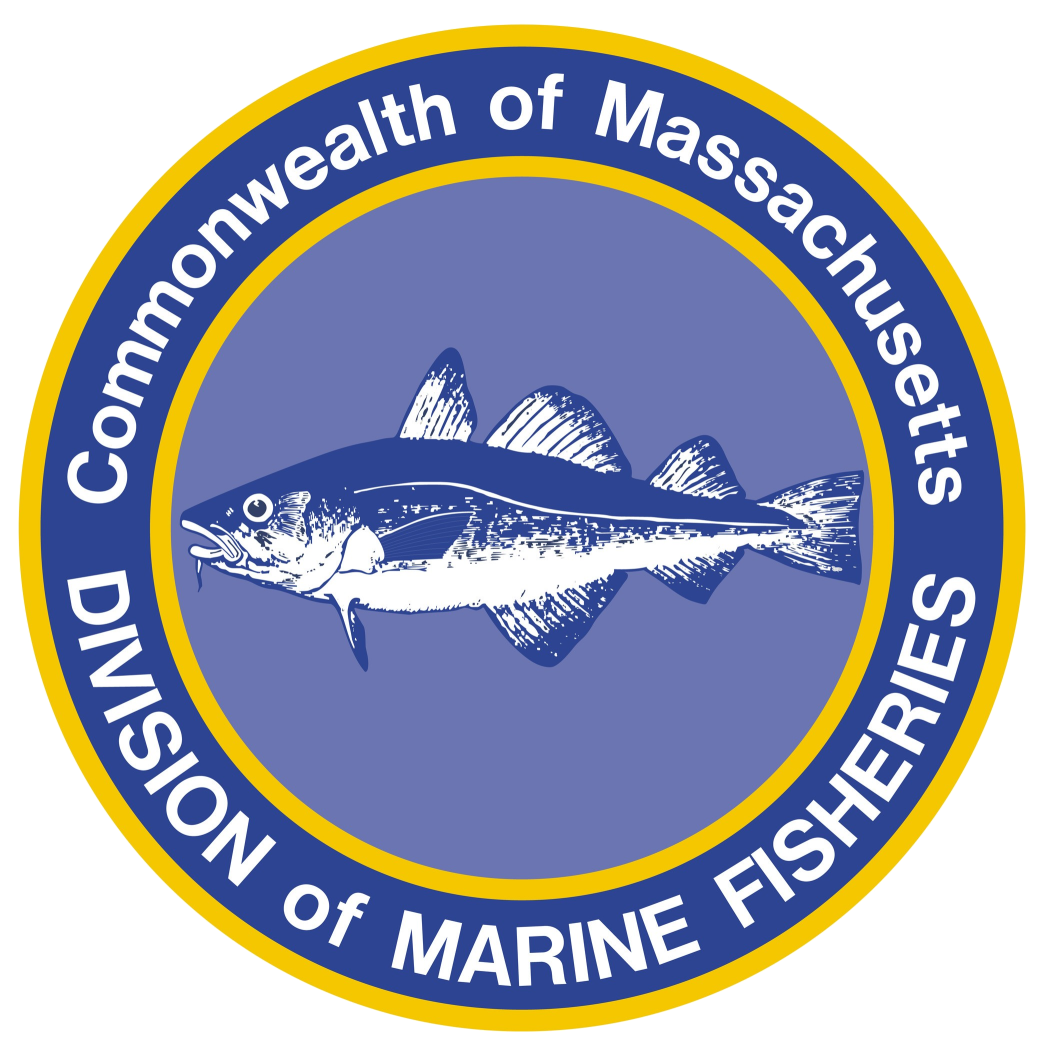- Division of Marine Fisheries
Last year, the Division was able to continue most of its standard operations, albeit under modified procedures incorporating necessary COVID-19 safety measures. However, several areas of our activities occurring aboard vessels could not functionally accommodate social distancing practices and were consequently put on hold. These include our fishery-independent resource assessment trawl survey, most of our commercial fishery at-sea sampling, and recreational for-hire head boat sampling for the Marine Recreational Information Program (MRIP). As restrictions are being lifted this spring, we are happy to report that these data collection programs will resume nearly normal schedules in 2021.
Trawl Survey: Up until last year, the Division’s Resource Assessment Project had conducted its biannual bottom trawl survey to monitor the abundance, distribution, and size composition of commercially and recreationally important marine resources in state waters every year since 1978. This is one of the longest running inshore trawl surveys in the United States. The information produced from the survey contribute to stock assessments as well as ocean planning and project impact assessment. The 2021 survey is back on track with spring (May 5–22) and fall (September 7–24) cruises occurring aboard the R/V Gloria Michelle.
To complete our 2021 Spring survey, many of our survey logistics were altered to minimize COVID-19 risks to both scientists and vessel crew. Our survey schedule was modified to reduce the number of crew changes and we reduced our staffing levels to a bare minimum. In addition, each participant was required to quarantine for seven days and produce two negative COVID tests prior to boarding. There were three 6-day legs with one day off between legs to clean and sanitize the entire vessel before the next leg begins. Crew changes only occurred at the vessel’s homeport in Woods Hole and participants are being restricted from contact with the public while in port.
The Division was not alone in curtailing vessel-based survey operations amidst the peak of the pandemic. Numerous other states and the federal government cancelled fishery-independent research surveys in 2020, including the NOAA Fisheries Spring and Autumn Bottom Trawl Surveys, the spring ME/NH Inshore Trawl Survey, the Northern Shrimp Assessment Survey, the CT Long Island Sound Trawl Survey, the NJ Ocean Trawl Survey, and the NEAMAP Survey. Others resumed after late starts such as the NY Finfish Trawl Survey. Statistical methods will need to be employed to fill the gap in these surveys’ fishery independent indices and life history data that are critical to many species’ stock assessments.
Commercial At-Sea Sampling: Due to COVID-19 limitations on close personal proximity aboard vessels (particularly those of smaller size), several at-sea commercial fishery sampling operations were fully or partially cancelled in 2020. Our commercial whelk trap sampling program was only able to complete one trip due to COVID safety concerns. Planned sampling of the April commercial groundfish fishery in state waters was suspended. Additionally, no sea sampling occurred during the spring inshore longfin squid fishery. Where possible, staff communicated with fishery participants to monitor effort, gauge catch and bycatch levels, and other trends. All of these activities are expected to resume normal operations in 2021. Fortunately, with the cooperation of participating captains and crew, we were able to continue commercial lobster trap sampling in 2020, completing the 40th year of this program that characterizes the catch in Massachusetts’ most valuable state-waters fishery. Other at-sea sampling activities that occur on larger vessels or with fewer crew, as well as port-side sampling, were able to proceed (with some modification) during 2020.
MRIP: For-hire head boat catch sampling, which takes place through direct observations aboard the vessels, proved difficult to safely conduct in 2020. Typically started in Massachusetts in May, head boat sampling was put off until July, when a month-long “trial run” led to the cessation of head boat sampling for the remainder of the year. While only 11 of our scheduled 88 head boat sampling trips for the year were completed, Massachusetts was the only state to attempt head boat sampling at all during 2020. This resulted in a largely unsampled head boat fishery, which also provides the only direct observations on the size composition of discarded fish in the recreational fishery.
MRIP catch sampling for the other recreational fishing modes (shore, private/rental vessel, and charter boat) was less affected by the pandemic because this occurs on shore, where social distancing was more feasible. DMF delayed the start of shore-based angler interviews from April to late May while safety protocols were developed, which resulted in the cancelation of 170 sampling assignments. Despite this, our dedicated staff were still able to complete more shore-based angler interviews in 2020 than 2019. Some states observed much lengthier interruptions to their shore-based MRIP operations.
Unaffected in MA and largely throughout the coast were the MRIP effort surveys, which are conducted by mail and telephone. Because of this, NOAA Fisheries has already developed a method to use the combination of 2020 effort survey data, the 2020 catch data that was able to be collected, plus proxy data pulled from prior years to fill gaps, to develop 2020 harvest estimates for all states, species, and fishing modes. Having such harvest estimates is critical for assessment and management purposes for our recreational fisheries; however, the additional uncertainty in the estimates caused by the imputed proxy data will need to be taken into consideration during their use. The degree to which imputed data contributes to a species’ 2020 catch estimates is shown when querying the MRIP database.
Because Massachusetts had limited interruption to our shore-based catch sampling and because head boat catch is generally a minor contribution to total recreational catch, the contribution of imputed data to Massachusetts’ recreational catch estimates is on the lower side compared to other states for many species. Some exceptions include scup (larger head boat contribution) and haddock and cod (late winter/early spring fisheries).
By Nichola Meserve, Fisheries Policy Analyst
